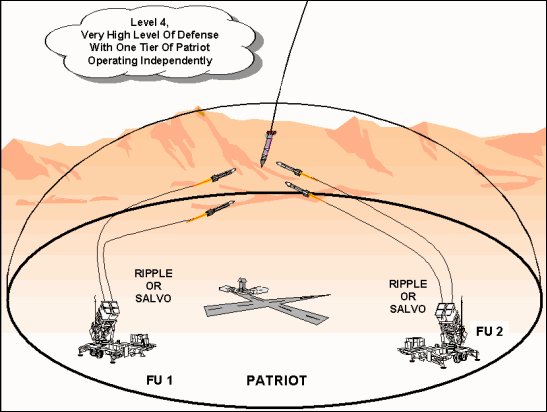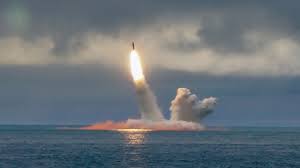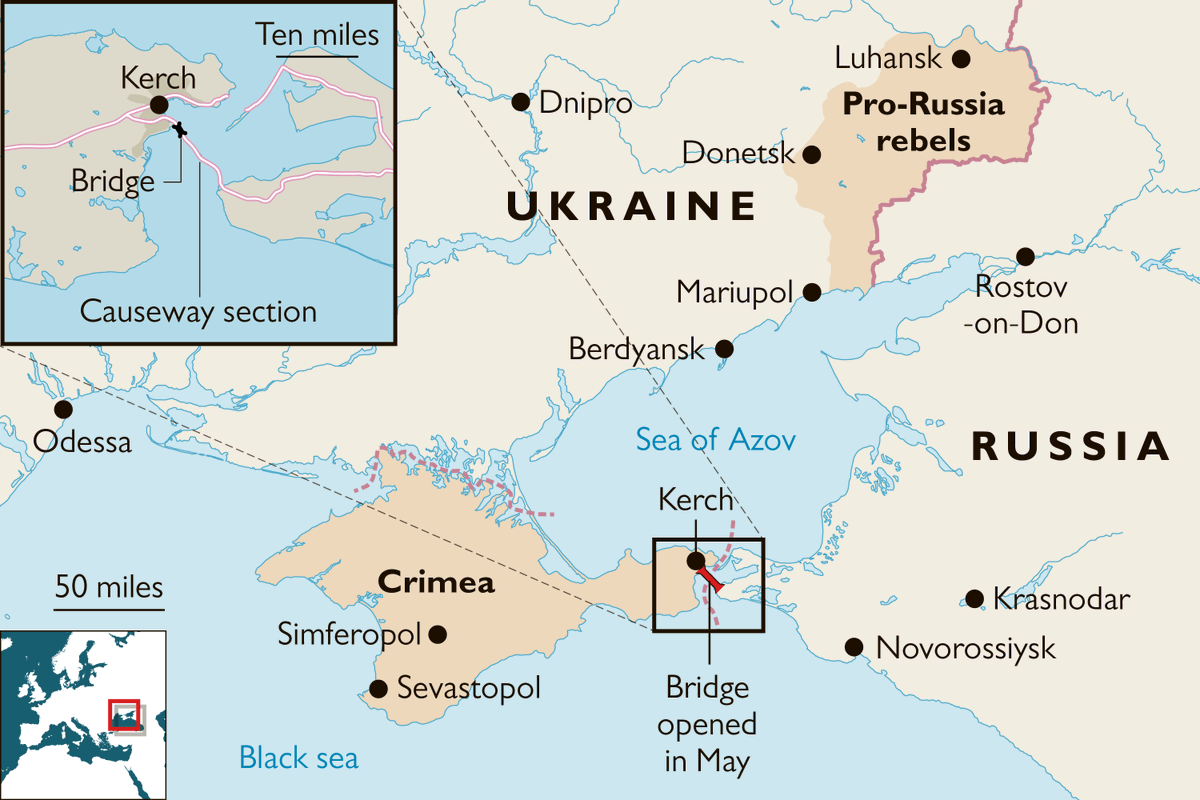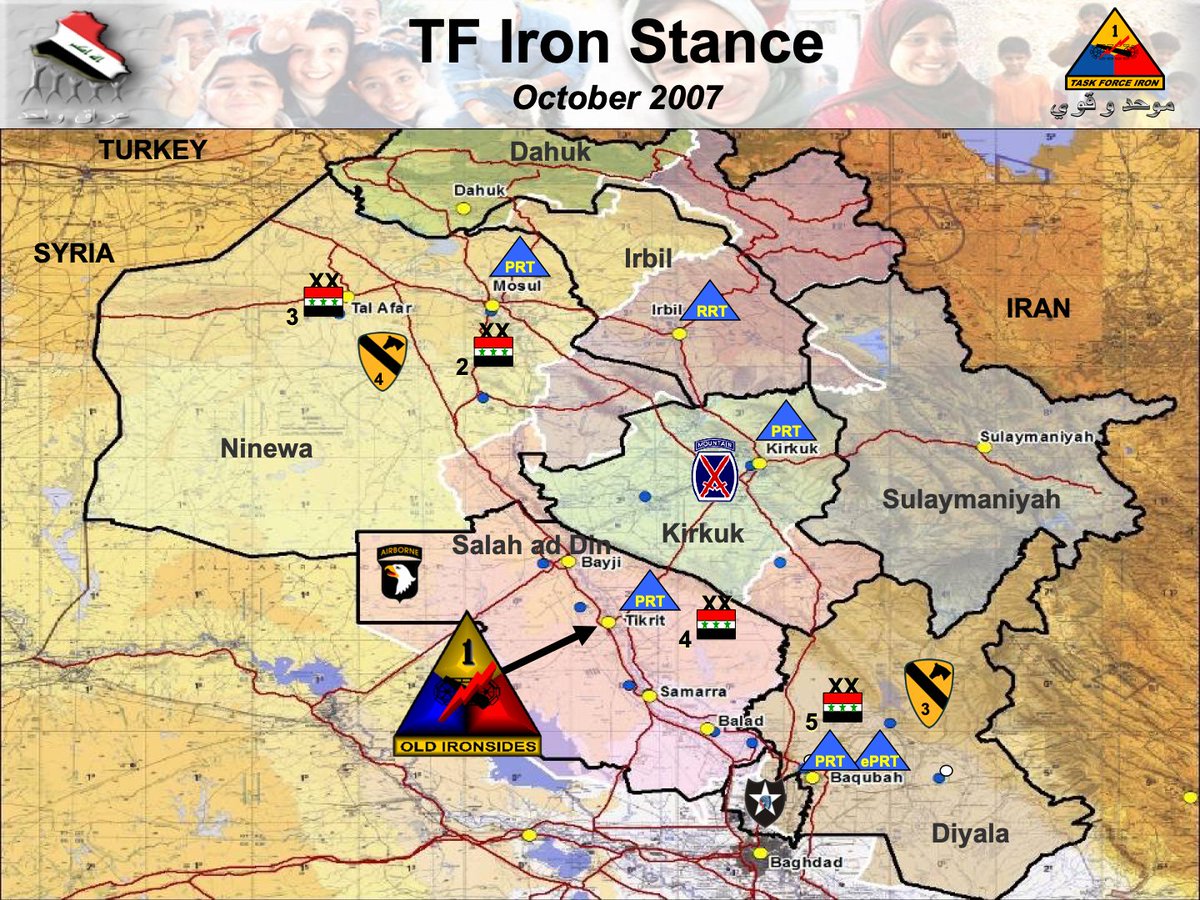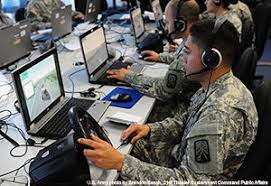
The @washingtonpost was one of many reporting on @SecDef call w/ Russian MOD Shoigu.
There isn’t much substance in the reporting, because governments either don’t provide the substance or they skew what they want people to know based on their messaging.1/ washingtonpost.com/national-secur…
There isn’t much substance in the reporting, because governments either don’t provide the substance or they skew what they want people to know based on their messaging.1/ washingtonpost.com/national-secur…
Having been on these kinds of contentious calls with foreign counterparts (with less at stake) sometimes it’s just feeling each other out.
The pentagon describing the call with the term “professional” tells me there was little to no significant breakthroughs. 2/
The pentagon describing the call with the term “professional” tells me there was little to no significant breakthroughs. 2/
Sec Austin likely provided some pointed but nuanced communication that gave Shoigu pause. And Shoigu was likely testing Austin…and lying.
Remember, Shoigu is corrupt, a crook, a grifter, & is the guy most responsible for how poorly the Russian army is performing. 3/
Remember, Shoigu is corrupt, a crook, a grifter, & is the guy most responsible for how poorly the Russian army is performing. 3/
Austin was my boss in Iraq. I watched him have tough conversations partisans & corrupt officials like Maliki, and hold firm. He keeps his cards close & he provides the right messages with no potential for misinterpreting what he’s saying. 4/
Add to that, he’s an official with exceedingly strong values. He holds to his beliefs, and he doesn’t suffer fools. He’s articulate, forceful and his integrity is beyond reproach.
He knows what right looks like. 5/
He knows what right looks like. 5/
Given GEN Milley hasn’t connected with GEN Gerasimov (that we know of) in many months & Blinken doesn’t trust Lavrov & Biden has made his thoughts known about Putin (& shouldn’t be talking to him like some EU leaders have), it’s good that @secdef is reached out. 6/
But however forceful SEC Austin was, it will likely make little difference when Shoigu reports to Putin, as he alone is the decider who doesn’t seem open to influence.
This is simply an attempt to avoid further miscalculations & dumb moves on Russia’s part.
Hope it works. 7/
This is simply an attempt to avoid further miscalculations & dumb moves on Russia’s part.
Hope it works. 7/
• • •
Missing some Tweet in this thread? You can try to
force a refresh




